The international community has been locked in a heated debate at the United Nations over whether Israel’s military actions in Gaza qualify as genocide. A recent independent U.N. commission has added fuel to this debate, finding that Israel has committed actions that fulfill much of the legal definition under the 1948 Genocide Convention.
What the U.N. Commission Found
An international commission of inquiry, operating under the U.N. Human Rights Council, released a report after nearly two years of collecting testimony, interviewing witnesses and survivors, reviewing documents, and analyzing satellite imagery.
Key findings include:
- Israeli authorities and security forces are accused of committing four out of the five acts defined by the Genocide Convention. These are:
- Killing members of the Palestinian group;
- Causing serious bodily or mental harm;
- Deliberately inflicting conditions of life calculated to bring about physical destruction in whole or in part;
- Imposing measures intended to prevent births.
- The only act not clearly determined in the report is forcible transfer of children, which does not appear conclusively supported by the evidence at this time.
- The commission concluded that there is reasonable cause to believe Israeli leaders have genocidal intent. This isn’t a casual accusation — intent is the hardest legal element to prove, and the commission argues the pattern of conduct and public statements align with it.
Reactions and Positions
Israel’s Response:
Israeli government officials rejected the commission’s findings, calling the report biased and politically motivated. They dispute both the characterization of intent and the assessment of civilian harm, arguing their actions are defensive against militant threats.
Palestinian Authorities & Supporters:
Palestinian leaders welcomed the report. They argue it provides needed documentation for what many have been saying: that civilians in Gaza are suffering under conditions comparable to genocide, including starvation, healthcare collapse, displacement, and widespread destruction.
Global Voices & Legal Experts:
- Several countries, human rights organizations, and international legal scholars have weighed in, some supporting the findings as consistent with international law and others cautioning that the label “genocide” is serious and demands rigorous proof.
- Some UN member states are being pressured to take concrete steps — reducing weapons transfers, improving humanitarian access, pushing for ceasefires, or participating in legal proceedings.
Why It Matters: Legal, Moral, and Political Stakes
- Legal Implications
If a genocide determination is formally accepted in an international court, it could trigger legal obligations for states to act — including preventing complicity, possibly imposing sanctions, or supporting prosecutions of individuals alleged to be responsible. - Moral Weight & Public Opinion
The term “genocide” carries enormous moral gravity. Its use influences global public sentiment, diplomacy, media coverage, and civil society activism. For many observers, the findings strengthen calls for immediate humanitarian intervention and aid. - Political Consequences
Nations have already had to navigate shifting alliances, votes in international forums, and pressure from their populations and human rights entities. For Israel, the findings exacerbate diplomatic isolation in some quarters. For its allies, there is tension between defending Israel’s right to self-defense and acknowledging civilian harm and humanitarian crisis. - Humanitarian Dimensions
The war’s impact on civilians is central to the debate: massive displacement, destruction of infrastructure (including hospitals, schools), restrictions on food, water, medical supplies — all contribute to the “conditions of life” test under genocide law.
Challenges & Uncertainties
- Proving intent is always hardest in genocide cases. While the commission argues intent can be inferred from conduct and statements, opponents say that the evidence is open to interpretation.
- Enforcement limitations: U.N. commissions and reports seldom have the power to enforce judgments. Carrying out legal action depends on courts (like the International Court of Justice or International Criminal Court), as well as political will among states.
- Political resistance: Some governments are wary of formally labeling any ongoing conflict genocide, out of concern it could lead to international legal responsibilities or damage relations.
- Humanitarian access & facts on ground: In war zones, gathering reliable evidence is difficult. Disputed casualty numbers, lack of access, destroyed records, conflicting testimonies all make certitude harder.
Conclusion
The U.N. commission’s recent report has escalated the global conversation: this is no longer just about ceasefires or territorial disputes, but whether what is happening in Gaza legally and morally fits the definition of genocide. The stakes are high — for the people suffering in Gaza, for international law, for relations between states, and for the future of how wars are conducted and judged.
Whatever side one takes, the report demands serious attention — from governments, courts, civil society, and global institutions. If the findings are taken seriously, they could change the course of diplomacy, accountability, and how international communities respond to large-scale violence against civilians.

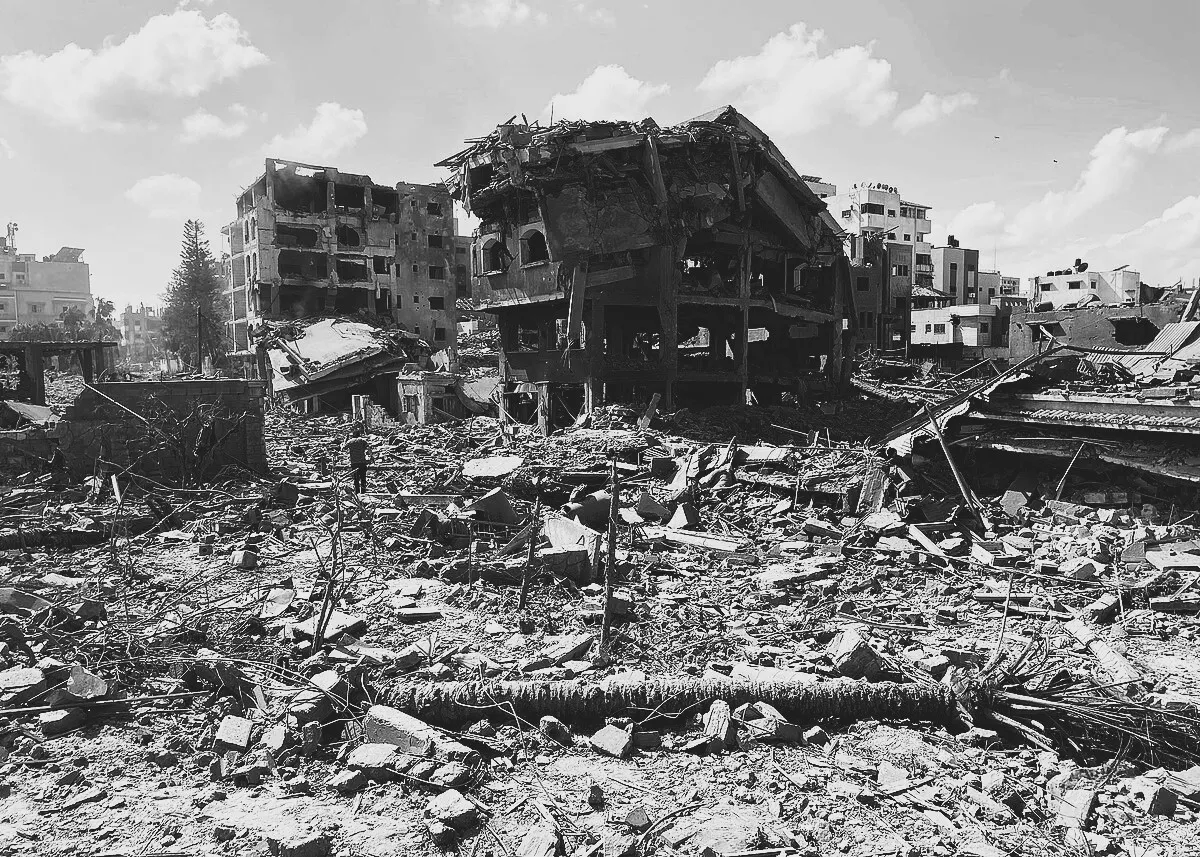

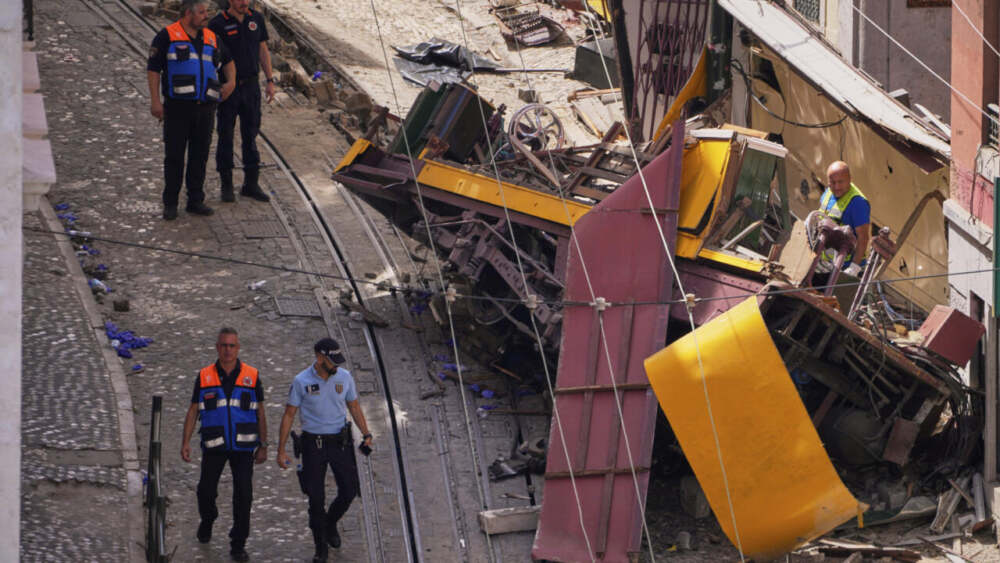
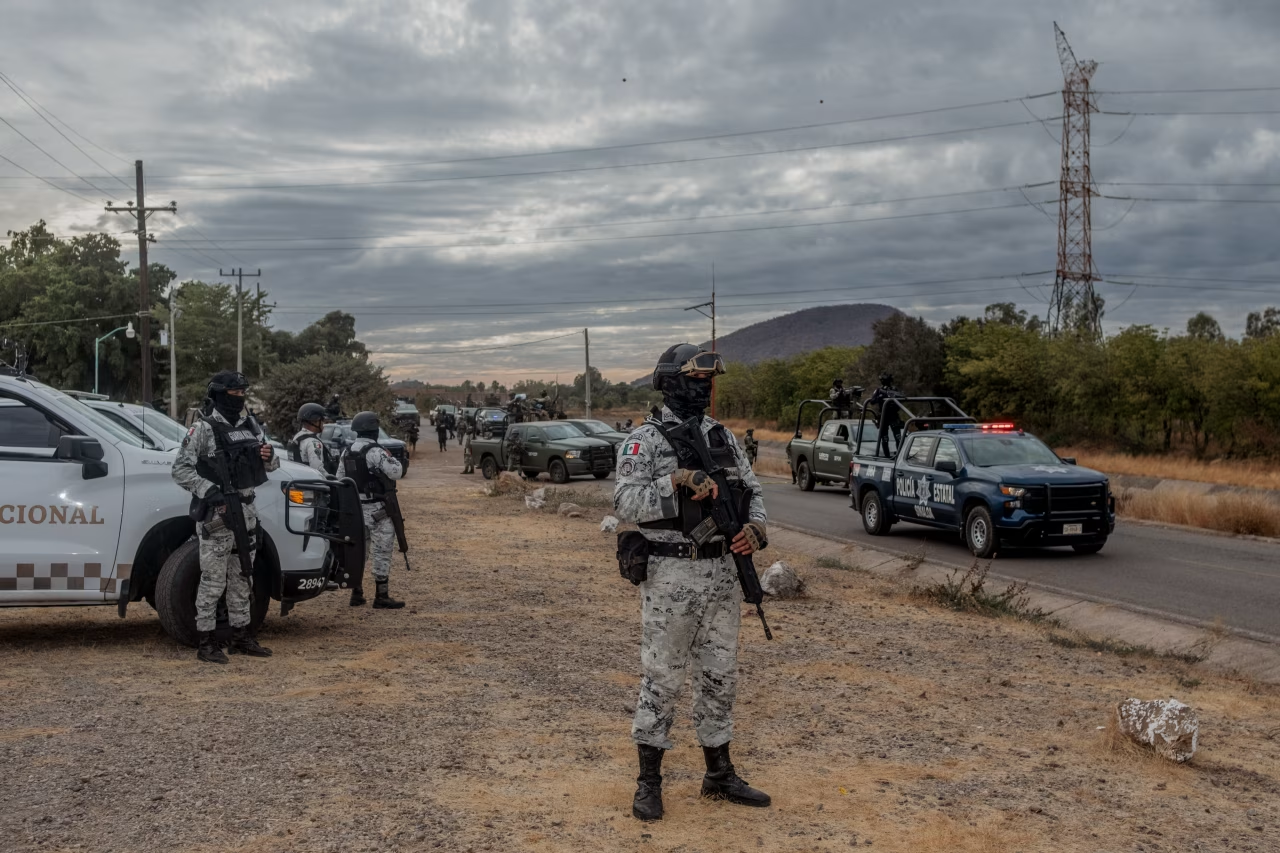

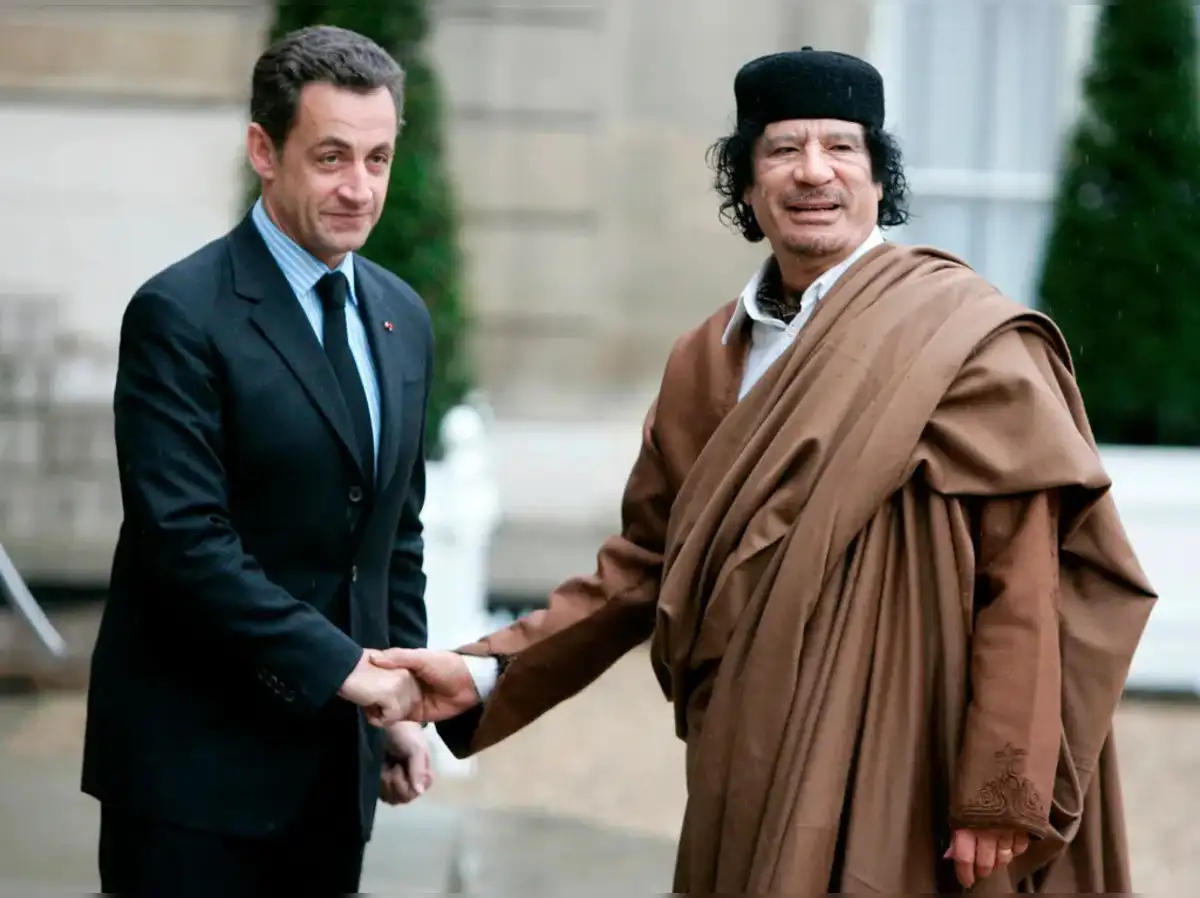







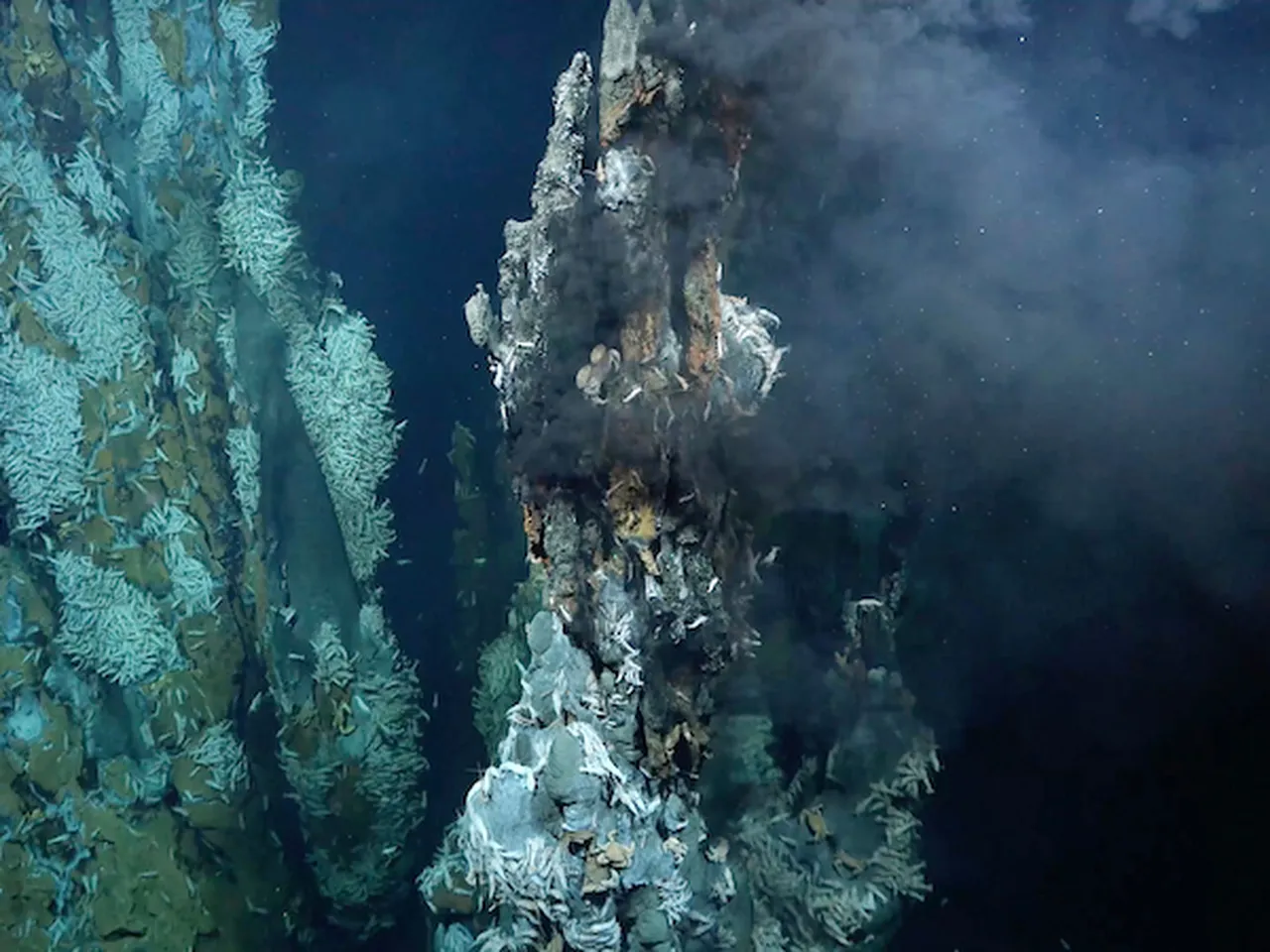

Leave a Reply